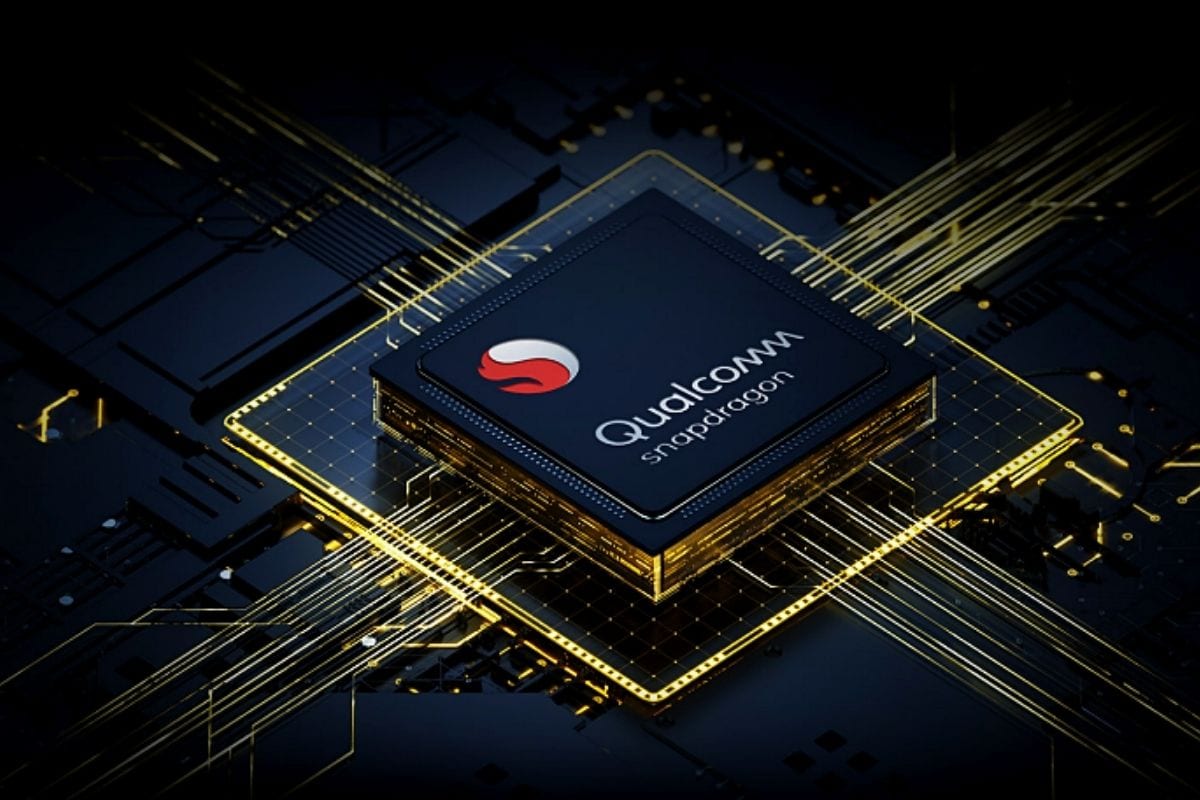Qualcomm’s Exclusivity Agreement With Windows Will End This Year, ARM CEO

The failure of NVIDIA’s acquisition of ARM was discussed by ARM CEO Rene Haas in a recent interview with Stratechery. According to Rene Haas, who was speaking with the interviewer, ARM took a positive step forward with the acquisition’s failure since it foresaw the impending rise in artificial intelligence and the subsequent massive industry transformation.
The CEO also explained how if NVIDIA had bought the company, he would have been “Stuck Working Under Jensen”.
So when you look back at that Nvidia failed deal, do you think it was actually useful in that it catalyzed some of the thoughts on where Arm needed to go and in that direction? Or was it a sort of paralysis where you were stuck in limbo for a couple of years and maybe didn’t move as quickly on some issues as you might have?
RH: No, I think it helped us. I mean, it was very clear at the time that Nvidia was going to buy Arm that what they wanted to buy was the core business and I was running that core business for, since go back to your 2017 date, I took that over in 2017 and in 2017, when I took over the core business is when we started to really pivot towards much more of a vertical approach towards the markets. In other words, one processor platform doesn’t fit all. In other words, what automotive needs, what the hyperscalers need isn’t really what mobile needs and mobile is where we had initially cut our teeth.

Qualcomm’s Exclusivity on Windows About to End
According to reports, Qualcomm was able to get an exclusive deal with Microsoft that stated all Windows notebooks released by original equipment manufacturers (OEMs) would use chipsets manufactured by Qualcomm. The CEO of ARM has stated that the agreement between the two companies would expire later this year, which might signal the start of a fresh phase. Other chipset makers will then have a chance to enter this market and provide customers with more options.
Rene Haas covered a lot of ground, including the exclusivity deal between Qualcomm and Microsoft. ‘Windows on ARM‘ enabled HP, Lenovo, and Dell, among others, to sell ARM chipset-equipped laptops for a while, however, those specific models could only be equipped with a Qualcomm system on a chip. The latter’s exclusive collaboration with Microsoft is largely responsible for this.
According to Haas, Qualcomm’s monopoly is coming to an end; the deal is set to expire later this year, which means plenty of chances for new competitors to join the market and steal thunder.
“Yeah, that makes sense. Microsoft and Windows were on, I think, exclusively with Qualcomm for Arm for a very long time. Now, there’s news about Nvidia or an AMD making Arm chips for Windows. Not an Arm announcement, but is that really an Arm announcement? Is this more symbolic of Arm as a dual licensing model? It has royalties on chips and also has licensing, is this emblematic of a shift to licensing being more important and you providing these systems and subsystems and other companies can brand them? Am I applying the right thinking to sort of the wrong area?
RH : Yeah, maybe not quite so much. I think the way to think about Windows expansion and, yeah, I think it’s really well-documented that the exclusivity that Qualcomm has with Windows times out, I think, this year. I think it’s this year.”
As Qualcomm gets its Snapdragon X Elite ready for a range of laptops, analysts mentioned in late 2023 that NVIDIA, AMD, and MediaTek might all release ARM-based chipsets. The Dimensity 9300 from MediaTek has been highly acclaimed by analysts. Although it primarily targets smartphones, the Taiwanese fabless semiconductor has the know-how and assets to compete with Qualcomm in a different market segment.
For the time being, it seems like Qualcomm’s Snapdragon X Elite laptop system on a chip (SoC) is the best option. A previous multi-core comparison found that the SoC was 21% faster than Apple’s newest M3. In late 2024 or early 2025, we might learn when other competitors launch their products and services, so be sure to check back for updates.
Source: Stratechery





